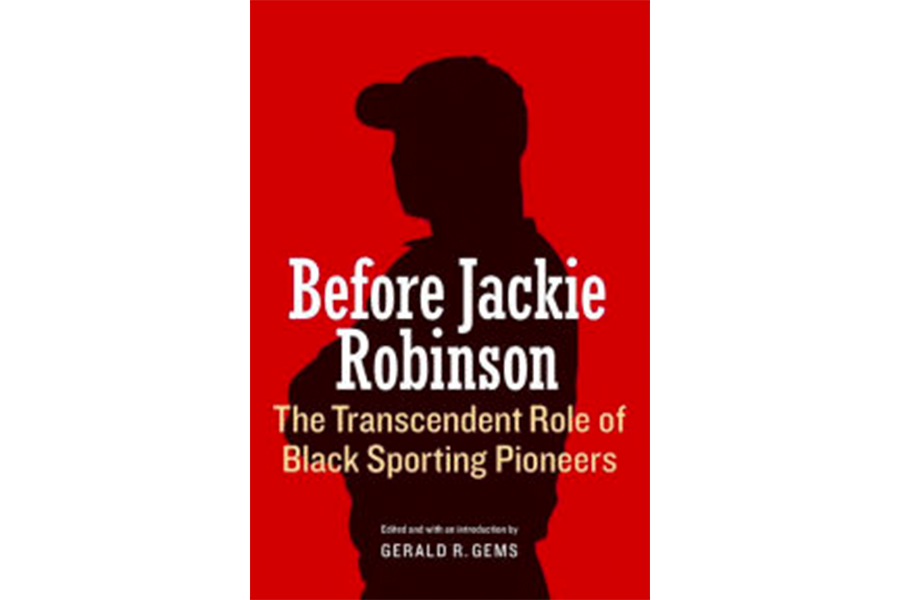The integration of sports in America is sometimes simplistically thought to have its beginning with Jackie Robinson and his entry into Major League Baseball in 1947. The truth, though, is that a number of other African-American athletes laid the groundwork for eventual full acceptance in the modern era. Some of these were well-known, such as track star Jesse Owens and boxer Jack Johnson, but others, who receive their due in “Before Jackie Robinson,” ware largely forgotten. Among those profiled in this collection are golfer John Shippen, jockey Isaac Murphy, and basketball and tennis player Isadore Channels.
Here’s an excerpt from Before Jackie Robinson:
“John M. Shippen (December 2, 1879 - May 20, 1968) was among the first American-born golf professionals and certainly the first African American tournament golfer. Athletically reared by British professionals, employed and sponsored by members of the insular world of white, elite golf and country clubs, Shippen competed in the second U.S. Open Championship in Southampton, New York, in 1896. Initially schooled as a caddie, Shippen served as a club professional at a variety of Long Island courses, instructed prominent players and lesser learners from the leisure class, constructed handmade golf clubs, supervised caddies, provided turf consultations, worked as a greenskeeper, and toured as a player through 1915. Seeking more stability of income and better quality education for his six children, Shippen and his wife, teacher Maude Elliot Lee Shippen, relocated to Washington, DC. In 1921 he exchanged his job in public works for a return to the less pristine fairways outside of the full and allied-member courses the United States Golf Association (USGA). The back nine of Shippen’s golfing career was harbored by African American-owned and managed clubs, associations, and courses in Washington DC, Maryland, and New Jersey.”







